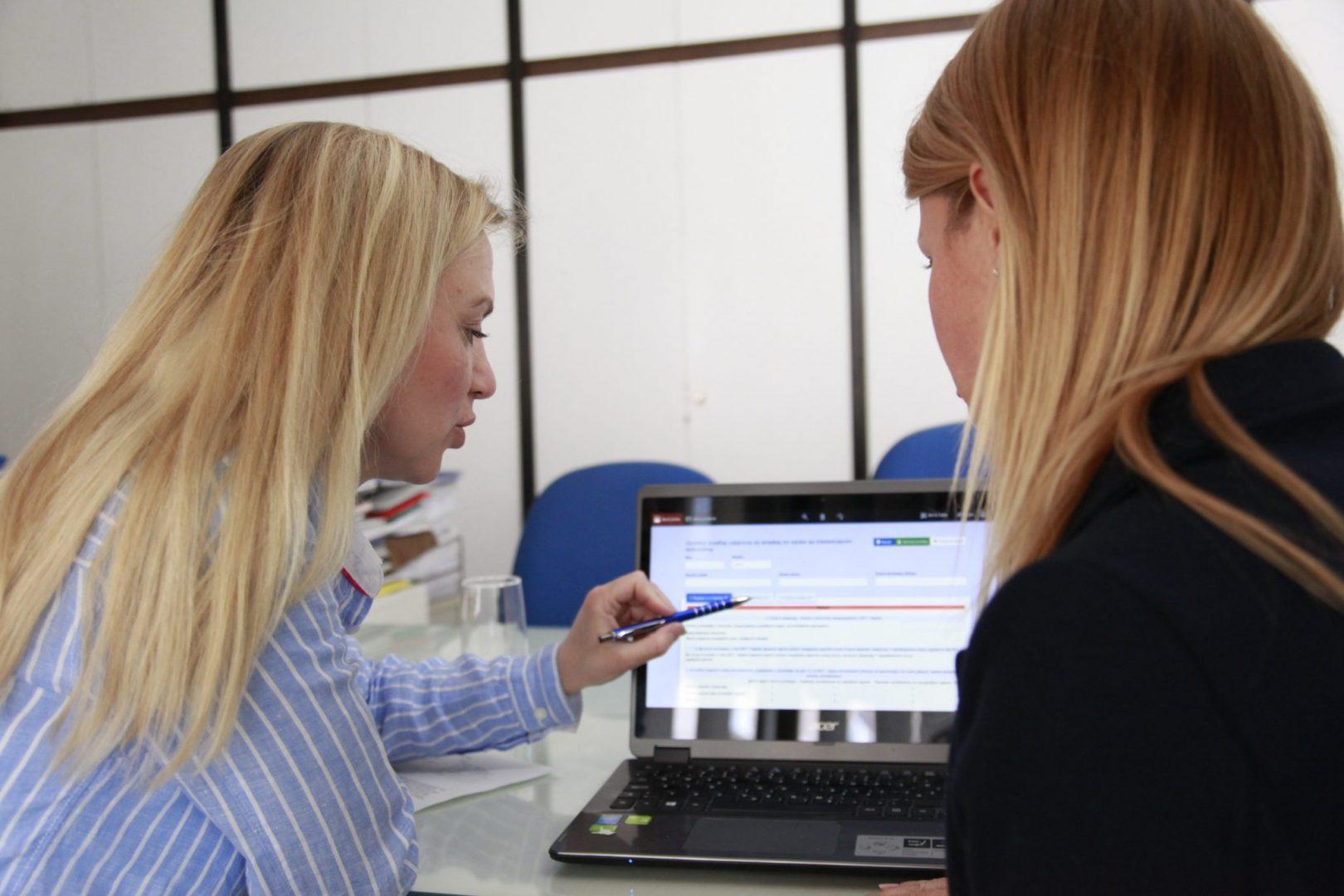The Digitalization of Social Protection Instruments in the Autonomy Province of Vojvodina was carried out by the NGO – Support to Sustainable Communities organization, through the cooperation with Institute for Social Protection, provincial Secretariat for Social policy, Demography and Gender Equality and German Development Cooperation’s regional GIZ project “Social Rights for Vulnerable Groups” (SoRi), from October to December 2017. The main purpose of the project was to enhance the social protection services in the Serbian northern province and harmonise them with European Union standards, through development and implementation of innovative digital solutions. The project was carefully planned and realised, with constant support and involvement of various relevant experts.
Through extensive cooperation between social services experts and software engineers an online system that collects data, analyses and evidence was developed. It was designed with specific focus on five key aspects: state of local services providers, data on violence in family and partner relations, state of the centres for social work, state of the institutions for accommodation of users and adjustable format for target research.
“This was a complex process that resulted in the introduction of European standards in the functioning of institutions. The software is designed to digitally collect data directly from social workers, minimise the possibility of error, decrease the work load of social workers and provide easily accessible data for social protection institutions and creators of public policies. It is easy to use, adapt and upgrade. The users of social protection services should have the final benefit of this software, as it enables the social workers to comprehend the tendencies in their area of work and create more effective social protection measures”, The added value of the project, of which we are very proud of, is that we have achieved a quality public partnership through a model of cooperation between associations, public institutions and independent experts”, said Radomir Šovljanski, the representative of the Provincial Institute for Social Protection .
During the development phase, an expert group defined the methodology and prepared the content for two online courses, along with supporting materials and assessment tests, and thus enabled digital trainings for professional workers. The courses referred to individual assessment and planning and work with marginalised communities. At the same time, a unique online personal database of all professional workers in the system which periodically would have to pass online trainings was created.
In December 2017, a test version of the online system was promoted, followed by four training sessions in the cities of Inđija, Novi Sad, Pančevo and Subotica. The participants, approximately 90 of them, were local social services providers from centres for social work. Along with learning how to use the system, they had the opportunity to offer their own insight on user experience, thus providing additional input on how to further improve the system.
“Attendance of the training sessions excelled our expectations – we have encountered a massive response from the employees of all institutions in the system. To our satisfaction, all the participants evaluated the initiative positively as an example of innovation and the introduction of higher standards in the work”, Šovljanski added.
Excellent response from social services workers made stable basis for further upgrade of the software during 2018. The process will also include implementation of complex in-depth research and development of innovative policy documents with the aim of providing quality inputs to the decision and policy makers. The ultimate goal of the software implementation process is to improve the quality of service and the inter-sector cooperation.
The GIZ Regional Project on Social Rights for Vulnerable Groups commissioned by the Federal Ministry for Economic Cooperation and Development (BMZ) aims at improving the conditions needed to ensure equal social rights, including the right to non-discrimination, of vulnerable groups. Key stakeholders such as centres for social work, local administrations and non-governmental organisations are supported in selected municipalities. The project is implemented in five countries in the Western Balkans: Albania, Bosnia and Herzegovina, Kosovo, Macedonia and Serbia.
Contact person: Mr. Michael Samec


